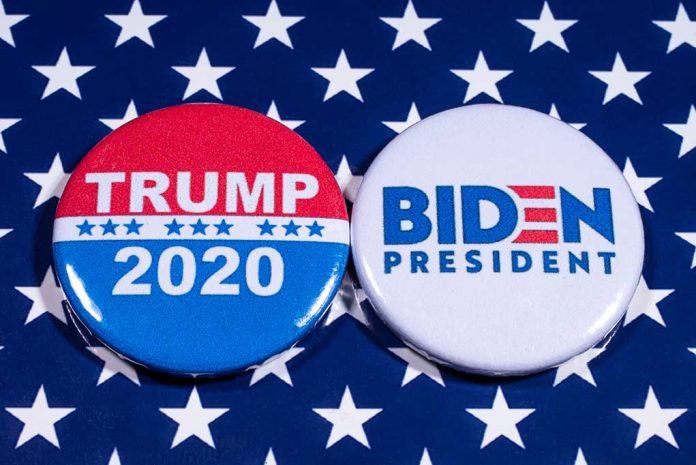
(NewsSpace.com) – Amendments to the US Constitution often address issues that come up throughout history. That’s certainly the case for the 20th, which covers the transference of powers after an election for both the president and members of Congress. This important revision was critically necessary at the time of its creation but remains politically significant even now. Here’s why the 20th Amendment matters so much.
The Contents of the 20th Amendment
Adopted on January 23, 1933, the 20th Amendment sets the time for the beginning of the terms of a newly-elected president and vice president. It also sets the start date for members of Congress and outlines a plan for situations where a new president cannot take office.
The Library of Congress explains that, until the 20th Amendment, inauguration day was March 4th. After the amendment, it became January 20th.
This date change made sense because there was no longer a need for the long period between an election and officials taking office. When the Constitution was originally written, transportation was slower and people couldn’t make it to Washington, DC, at an earlier date. This allowed a more realistic amount of time for the transfer of power.
Two Issues Brought About the Amendment
There are two main issues at the heart of the introduction of the 20th Amendment:
- Reducing the “lame-duck” session
- Preventing an old Congress from electing a new president
Lame-Duck Session
The time between an election and when new officials take office is called the lame-duck session. According to the National Constitution Center, during this period outgoing officials retain their powers and can vote on laws and approve executive branch nominees.
The 20th Amendment prevents outgoing members of Congress from taking actions that may go against the wishes of voters. Many times in an election, power shifts between the parties; it’s easy to see how this could be an issue.
Election of the President
If the electoral college fails to elect a president and vice president, the task falls to Congress. Prior to the 20th Amendment, an old Congress (filled with members who voters replaced during the election) had the ability to name a new president.
This goes against the idea of the people having power in electing officials. It also prevents situations in which the country could suffer due to the long wait between an election and officials taking office.
There’s an excellent example of this situation: the 1860 election of Abraham Lincoln. Since Lincoln could not take office until March of 1861, he had no ability to prevent the succession of the southern states. By the time he took office, succession had already occurred, and the events quickly led to the beginning of the Civil War. Had the 20th Amendment been in place at that time, Lincoln possibly could have prevented the war altogether.
The 20th Amendment may not get as much attention as other revisions, but it’s just as important. This amendment helps ensure the smooth transition of power after elections to uphold the will of the people.
Copyright 2021, NewsSpace.com










